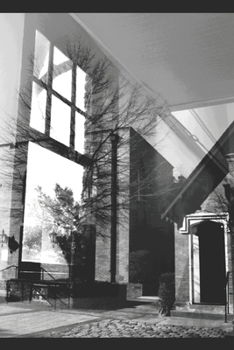Views of Paganism
Twenty-first century American Pagans constitute a heritage group claiming spiritual roots anchored in classical antiquity, early Europe, and old Africa. A diverse collectivity encompassing at least 1.5 million practitioners, contemporary American Pagans include individuals and groups identifying with the Greek, Roman, Celtic, Druid, Norse, European Witchcraft, and Afro-Caribbean Voudon spiritual traditions. Each is noble heritage with its own ethical guidelines, named deities, and characteristic forms of religious practice. Yet mass media and scholarly reference books often portray Pagans in a derogatory if not downright grotesque manner, casting Pagans in general and witches in particular as fiends indulging in demented rituals bent on bloody quests for revenge, murder, and power over others, an image rooted in the demonization and persecution visited on selected individuals during the Inquisition and Witch Burnings of European and American history. Contemporary Pagans in the United States still labor under this unfavorable image, often subject to prejudice, retaliation, and even governmental censure. However, the literature of contemporary Pagan studies, folklore, anthropology, and instances of English literature suggest a very different reading of the beliefs, terms, and ceremonies emblematic of twenty-first century Pagans in America and elsewhere. Views of Paganism places today's Pagan practitioners in historical perspective and demonstrates that Paganism possesses a substantive body of knowledge and meaningful spiritual practice. In addition, it shows that elements of Paganism drive the plot in an example of Arthurian romance and spice the lines of a well-known Shakespearean play.
Format:Paperback
Language:English
ISBN:B0BJMT5QLS
ISBN13:9798818863429
Release Date:October 2022
Publisher:Independently Published
Length:224 Pages
Weight:0.67 lbs.
Dimensions:0.5" x 6.0" x 9.0"
Customer Reviews
0 rating





